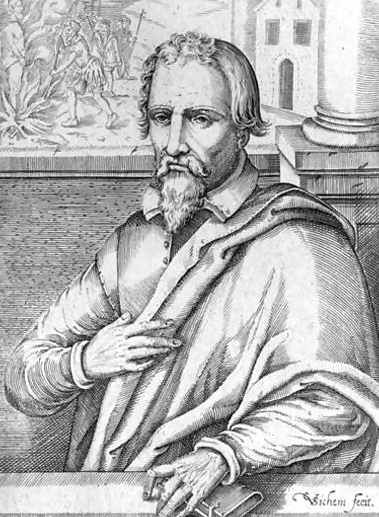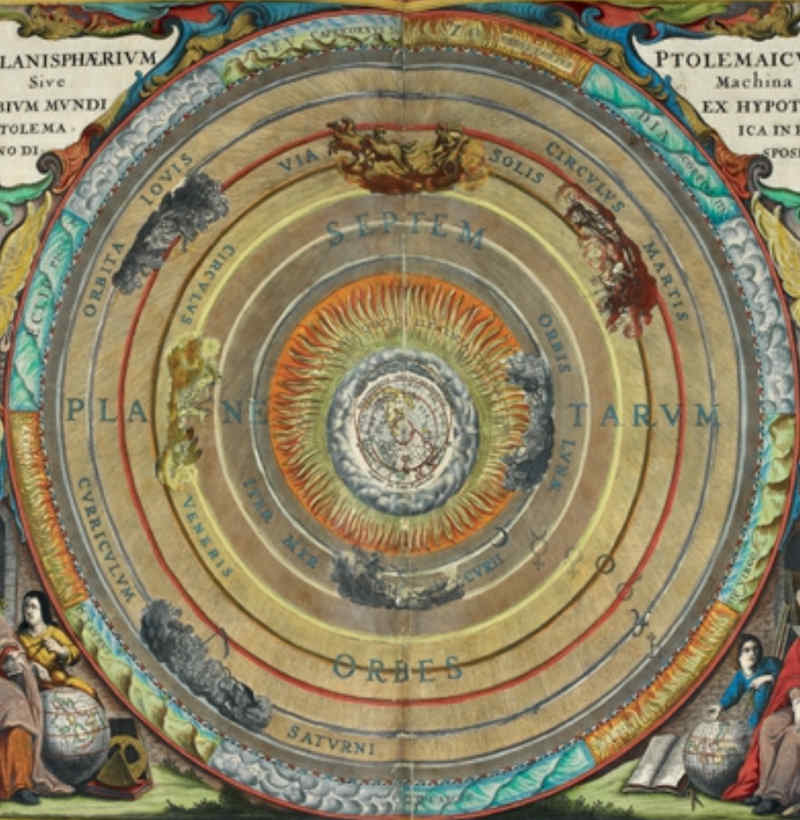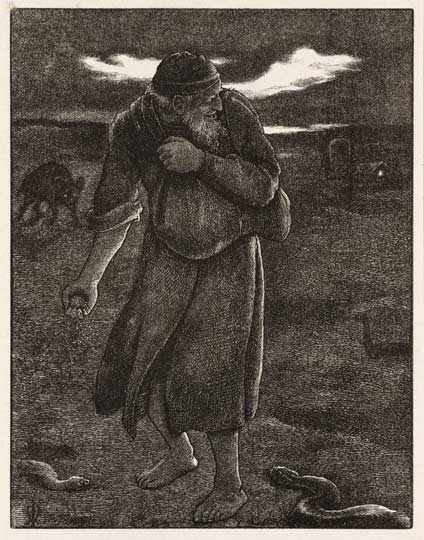|
Again, like the unlettered Arabian prophet, Mohammed ibn Abdallah, who
mixed up the Holy Spirit with the angel Gabriel,— who, after all, is a
spirit and is holy,— Servetus refers to the Holy Spirit as "a
ministering spirit:" "Christ also often calls the holy ones angels.
If, then, what God employs is a spirit, and a sort of holiness is
appropriate to it, why shall it not be called the Holy Spirit? And,
to make few words of it, every breath, every breathing and impulse
of the mind through which God breathes, is called holy, and
accordingly the Holy Spirit, or a holy spirit, or the Spirit of
God." (Michael Servetus, On the Errors of the Trinity, Book II, p.
99, The Two Treatises of Servetus on the Trinity, translated by
Earl Morse Wilbur). The reader will note, what is found here is not a
unitary presentation but a smorgasbord, a buffet from which the
inquirer can select what dishes he likes: the Holy Spirit might be a state
of mind, an angel, a man, or some other thing. These various improvisations do not really meet
the cases they are called upon to address, much less the Bible
evidence in its entirety.

In the Stars
Like his fellow Renaissance pantheist Giordano Bruno, Michael
Servetus had an intense interest in the natural world. If you stop to
think about it, when a pantheist studies the natural order, he is
venerating his god. A physician by profession, Servetus made real
contributions to the study of the transit of the blood through the
lungs. Like Bruno, Servetus was anything but reductive, which is both
good and bad; he incorporated pagan elements into his world-system,
including astrology:
"He had made the perfectly valid observation that on the
night of the 13th of February, 1538 (actually at 13h 9m 21s), Mars,
while in the neighborhood of the star called Cor Leonis or Lion's
Heart, had been eclipsed by the moon. 'Hence I predicted that in this
year the hearts of the lions would be more avidly excited, that is, the
minds of princes would be induced to martial enterprises, much land
would be devastated by fire and sword, the Church would suffer, certain
princes would be killed, pests would ensue, which may God avert.'"
(Michael Servetus, quoted location 1796, Roland Bainton, Hunted Heretic,
Kindle edition).
He seems to be experienced in this business; certain princes being
killed is a given, in that uneasy lies the head that wears the crown; he
is more prudent than to name them. Like predicting snow in Buffalo in
the coming winter, this is pretty likely to happen in any case. Servetus
felt that the stars performed no function, unless that of sentinel and
harbinger:
"So blind are they that they never lift their eyes to
the heavens to behold that this most beautiful mechanism was not
established by God in vain. And why have signs been established by
the Creator, as Scripture testifies, if not that they may signify
something?" (Michael Servetus, quoted Kindle location 1790, Roland Bainton, Hunted Heretic, Kindle edition).
This interest in astrology was not uncommon for the age, but it
remains inconsistent with a Christian world-view, as some realized even
at the time: "That remarkable character, Michael Servetus, the
discoverer of the lesser circulation, when a fellow student with
Vesalius at Paris, gave lectures upon judicial astrology, which brought
him into conflict with the faculty; and the rarest of the Servetus
works, rarer even than the 'Christianismi Restitutio,' is the 'Apologetica
disceptatio pro astrologia,' one copy of which is in the Biblioteque
Nationale." (William Osler, The Evolution of Modern Medicine, A Series
of Lectures Delivered at Yale University, p. 88). These unnamed faculty
members, alas, had the goods on this quack. The idea that events here below
could be correlated with changes in the heavens entranced many for
centuries. Like Freudian psychotherapy, this theory turns out to have
too much explanatory power. In Freudianism, any predicted event is
self-explanatory, but if the opposite happens, that is 'reaction
formation:' any event, or its opposite, is predicted. If nothing
happens, then it turns out that was predicted also. Likewise in
astrology, if something good happens, that is owing to the influence of
the benign stars; but if something bad, why that is owing to the
influence of maleficent stars. Since astrology can 'explain' anything
that can possibly happen, both good and bad, it explains too much. There
really are too many of these comprehensive theories of everything
around; they include Darwinian evolution; mankind cannot live at peace
with that much explanatory power:

|



